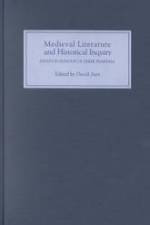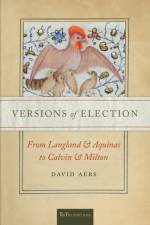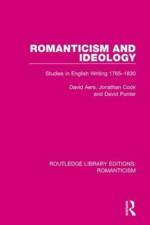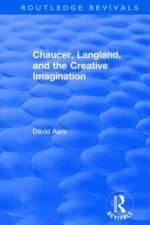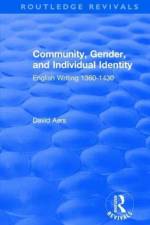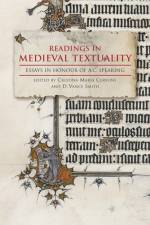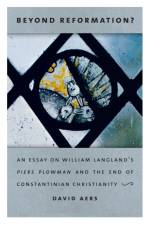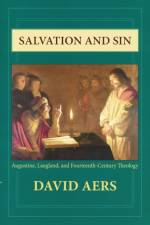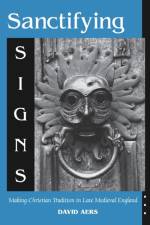av David Aers
445 - 2 299,-
In Salvation and Sin, David Aers continues his study of Christian theology in the later Middle Ages. Working at the nexus of theology and literature, he combines formidable theological learning with finely detailed and insightful close readings to explore a cluster of central issues in Christianity as addressed by Saint Augustine and by four fourteenth-century writers of exceptional power. Salvation and Sin explores various modes of displaying the mysterious relations between divine and human agency, together with different accounts of sin and its consequences. Theologies of grace and versions of Christian identity and community are its pervasive concerns. Augustine becomes a major interlocutor in this book: his vocabulary and grammar of divine and human agency are central to Aers' exploration of later writers and their works. After the opening chapter on Augustine, Aers turns to the exploration of these concerns in the work of two major theologians of fourteenth-century England, William of Ockham and Thomas Bradwardine. From their work, Aers moves to his central text, William Langland's Piers Plowman, a long multigeneric poem contributing profoundly to late medieval conversations concerning theology and ecclesiology. In Langland's poem, Aers finds a theology and ethics shaped by Christology where the poem's modes of writing are intrinsic to its doctrine. His thesis will revise the way in which this canonical text is read. Salvation and Sin concludes with a reading of Julian of Norwich's profound, compassionate, and widely admired theology, a reading which brings her Showings into conversation both with Langland and Augustine."e;David Aers's Salvation and Sin is an important and provocative book. It throws a particularly enticing gauntlet down to medievalists, daring us to return with Aers to the primary texts, to think with key authors, and to subject literary texts to a logical scrutiny as powerful as that we apply to theology. Beautifully organized and written, his book is a model of scholarship in its learning, clarity, and humility."e; -Lynn Staley, Colgate University"e;In Salvation and Sin Aers continues to break new ground in his ongoing discussion of Christology and ecclesiology in medieval literature and culture. His reading of Langland and Julian is rooted in a bold and refreshing approach to Augustine that serves as a powerful corrective to the dominant, Pelagian view of theology in Piers Plowman, one that leads the reader to embrace a new understanding of how Langland imagines divine will and human agency."e;-Jim Rhodes, Southern Connecticut University "e;David Aers does not reconstruct an Augustinianism for the fourteenth century-an exercise that would have been an ode to an empty abstraction. Instead he begins with a profound reading of Augustine's own struggle to acknowledge the patient work of grace. He then goes on to refract this reading through the theological inventions of William of Ockham, Thomas Bradwardine, William Langland, and Julian of Norwich. The result is, at one level, a rich grammar of incipiently modern theologies; at another, it is the amplification of an original inspiration. Some of our best theologians are apparently residing in English departments."e; -James Wetzel, Villanova University

